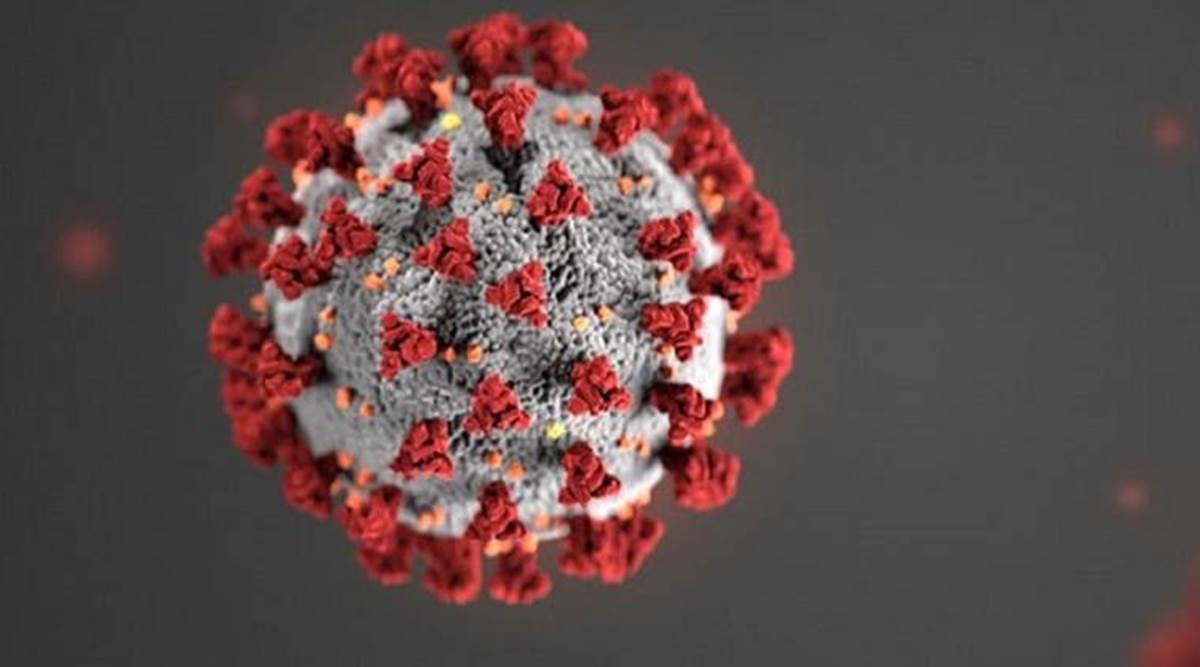Study suggests dengue may provide some immunity against COVID-19
 The study was being published ahead of peer review on the MedRxiv preprint server and will be submitted to a scientific journal. (Representational)
The study was being published ahead of peer review on the MedRxiv preprint server and will be submitted to a scientific journal. (Representational)A new study that analysed the coronavirus outbreak in Brazil has found a link between the spread of the virus and past outbreaks of dengue fever that suggests exposure to the mosquito-transmitted illness may provide some level of immunity against Covid-19.
The not yet published study led by Miguel Nicolelis, a professor at Duke University, and shared exclusively with Reuters, compared the geographic distribution of coronavirus cases with the spread of dengue in 2019 and 2020.
Places with lower coronavirus infection rates and slower case growth were locations that had suffered intense dengue outbreaks this year or last, Nicolelis found.
“This striking finding raises the intriguing possibility of an immunological cross-reactivity between dengue’s Flavivirus serotypes and SARS-CoV-2,” the study said, referring to dengue virus antibodies and the novel coronavirus.
“If proven correct, this hypothesis could mean that dengue infection or immunization with an efficacious and safe dengue vaccine could produce some level of immunological protection” against the coronavirus, it added.
Nicolelis told Reuters the results are particularly interesting because previous studies have shown that people with dengue antibodies in their blood can test falsely positive for Covid-19 antibodies even if they have never been infected by the coronavirus.
“This indicates that there is an immunological interaction between two viruses that nobody could have expected, because the two viruses are from completely different families,” Nicolelis said, adding that further studies are needed to prove the connection.
The study was being published ahead of peer review on the MedRxiv preprint server and will be submitted to a scientific journal.
It highlights a significant correlation between lower incidence, mortality and growth rate of Covid-19 in populations in Brazil where the levels of antibodies to dengue were higher.
Brazil has the world’s third highest total of Covid-19 infections with more than 4.4 million cases – behind only the United States and India.
In states such as Paraná, Santa Catarina, Rio Grande do Sul, Mato Grosso do Sul and Minas Gerais, with a high incidence of dengue last year and early this year, Covid-19 took much longer to reach a level of high community transmission compared to states such as Amapá, Maranhão and Pará that had fewer dengue cases.
The team found a similar relationship between dengue outbreaks and a slower spread of Covid-19 in other parts of Latin America, as well as Asia and islands in the Pacific and Indian Oceans.
Nicolelis said his team came across the dengue discovery by accident, during a study focused on how Covid-19 had spread through Brazil, in which they found that highways played a major role in the distribution of cases across the country.
After identifying certain case-free spots on the map, the team went in search of possible explanations. A breakthrough came when the team compared the spread of dengue with that of the coronavirus.
“It was a shock. It was a total accident,” Nicolelis said. “In science, that happens, you’re shooting at one thing and you hit a target that you never imagined you would hit.”
📣 The Indian Express is now on Telegram. Click here to join our channel (@indianexpress) and stay updated with the latest headlines
For all the latest World News, download Indian Express App.
© IE Online Media Services Pvt Ltd
